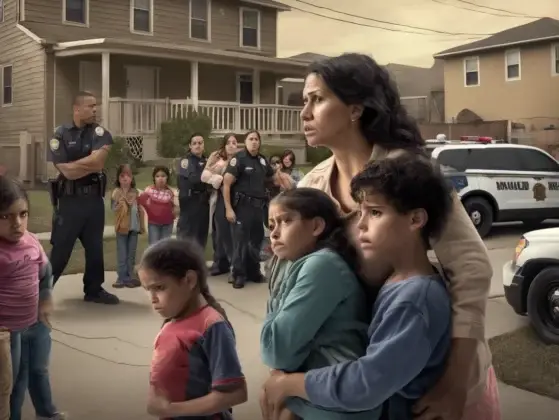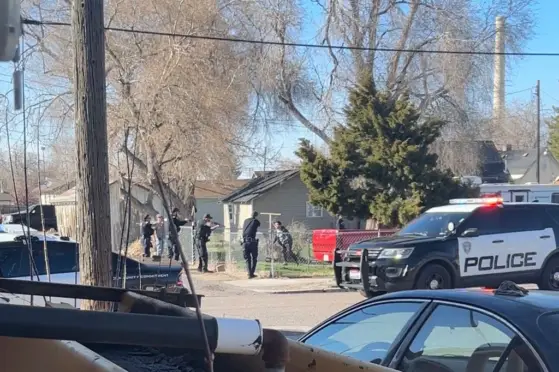Let’s Retire “Black Market” From Our Vocabulary
I was in a Facebook discussion with my fishing buddy, Mike Boutin, where he had posed many thoughtful observations about the current state of marijuana legalization. You may remember Mike from the Discovery TV reality show “Weed Country”; his perspective as a lifelong cannabis farmer led to some deep thoughts:
Not really sure how we all survived 40 years of no testing labs.
Not really sure how strains became strands.
Not really sure how there became a false dichotomy whereby some users think they are morally superior to other users of the same substance because of the reason they use.
It’s a good, short read. I always enjoy the way Mike looks at things. Though testing labs might have been nice in the Paraquat days. I do laugh when someone says “strands” – that one and “cannaboids”. “All Use Is Nunya” has been my mantra for years now – patients, potheads, and the pious are all equals to me.
But it was the final observation from Mike that really got me thinking:
Not really sure why people use the term “Black Market” in a haughty and derogatory way when it is these very non conformists who kept alive the flame they now use to scald [sic] people whose shoes they couldn’t tie in what is more properly and respectfully called the “Free Market”.
The first thought I had was about the Stoners Against Legalization who, over the years, have told me that I shouldn’t support Initiative X because “it’ll never eliminate the black market!” Wait, you’re telling me the shitty legalization you hate will let me legally carry an ounce and it won’t stop me from buying an untaxed bag from my grower friend I’ve been supporting for years? And you mean that as a reason not to vote for legalization?
The second thought I had was, what is this “black market”, anyway? I’m a student of the neurolinguistics idea of framing – that the way we perceive the world is influenced by sets of inter-related concepts activated by language. In a sense, it means that words mean more than the words themselves. Like “elephant” – that’s not just a large pachyderm, the literal meaning of “elephant”, but also “memory”, “Republican”, “circus”, “Africa”, and other concepts activated by the word “elephant”.
So, “black market”, what else does that framing activate in your mind? I picture dark alleys with a pack of wise guys, items “falling off a truck”, sketchy clandestine warehouses, armed thugs meeting in the desert, and every organized crime flick from The Godfather to The Sopranos with a few terrorist arms dealer stereotypes to boot. Plus, in the context of marijuana, the violence ranging from the street gangs on up to the Mexican cartels.
What I don’t think of as “black market” is the guy who used to be my weed hookup back in Idaho. He was just a dude I knew as a sound engineer back when I was playing bass professionally. He was a great guy who lived just down the hill from me so I could walk to his place for a bag. He wasn’t connected to any greater crime than growing a few plants in his basement, selling just enough at “friend prices” to some of the local musicians so he could smoke his own weed for free.
“Black market” only serves to further the framing that our opponents want the public to see when it comes to marijuana commerce. This isn’t to deny the violence inherent in prohibited markets, but rather to hamstring our opponents’ attempts to tie the worst elements of prohibition to the emerging legal cannabis marketplace.
Let’s retire “black market” from our vocabulary. “Unregulated market” or “unlicensed sales” will work as replacements. They activate framing that implies a problem needing to be solved by legalization. “Un-regulated” – we’re lacking regulations! “Un-licensed” – we’re losing out licensing fees!
“Black market”, on the other hand, is an enemy that our opponents pin on us as something we’re trying to defeat with legalization. Since no legal market exists without a co-existing illegal market, we’re then saddled with the appearance of over-promising on legalization to the public.
As for the gangs and the cartels, let’s just call them what they are: “organized crime”. That’s a frame with some similarity to “black market”, but it takes the focus away from the commerce and onto the criminality. It also helps us activate the Prohibition frame and separate the idea of a small-time pot grower from the Al Capones of marijuana trafficking.






